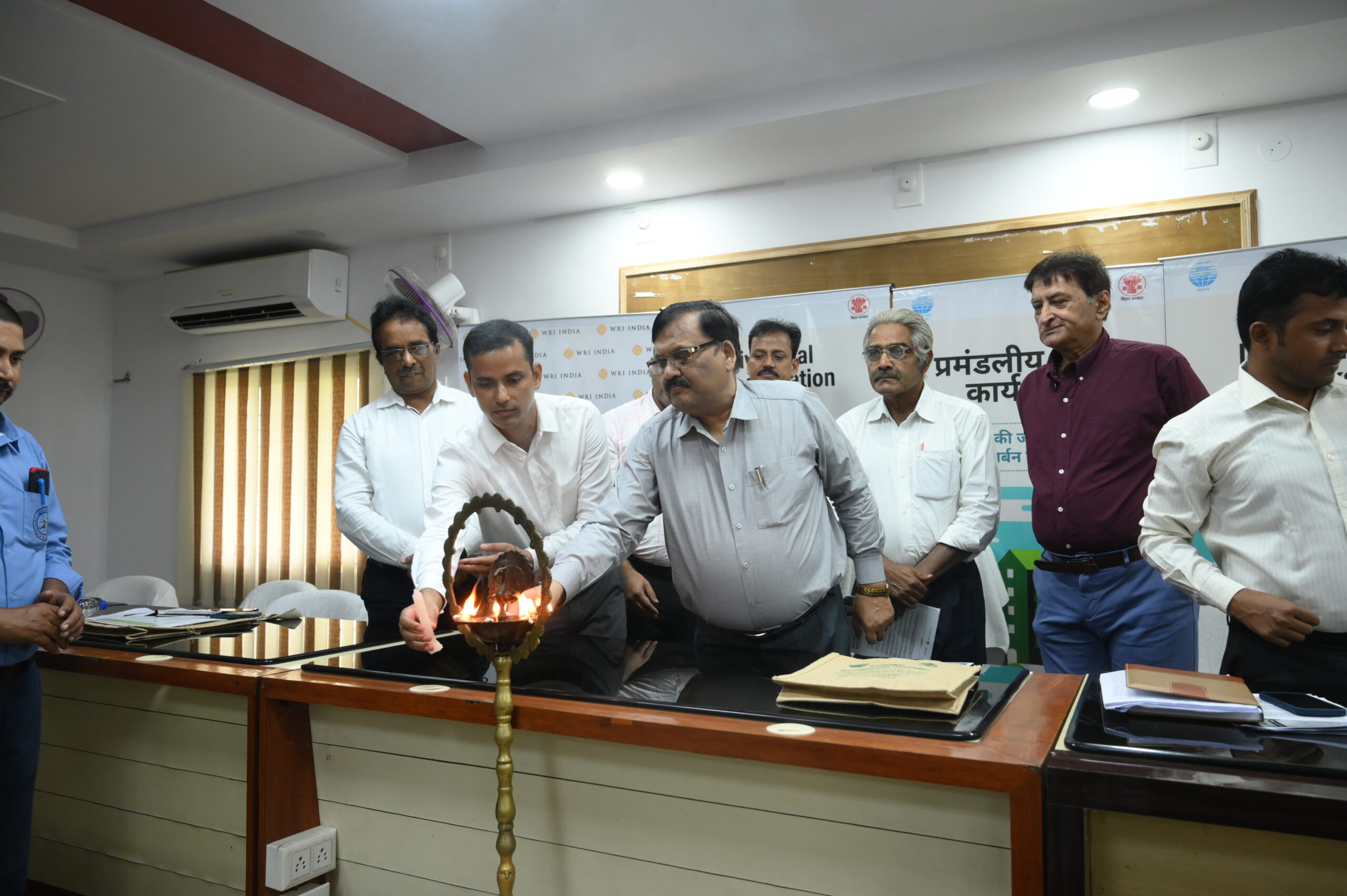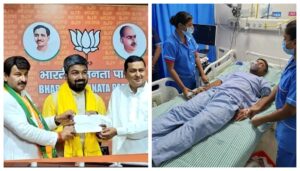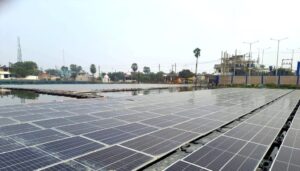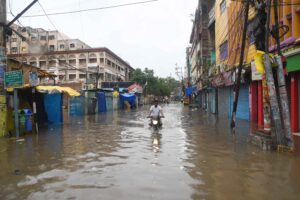Bihar’s Climate Workshops Begin in Darbhanga, Focus on Resilience and Low Carbon Development
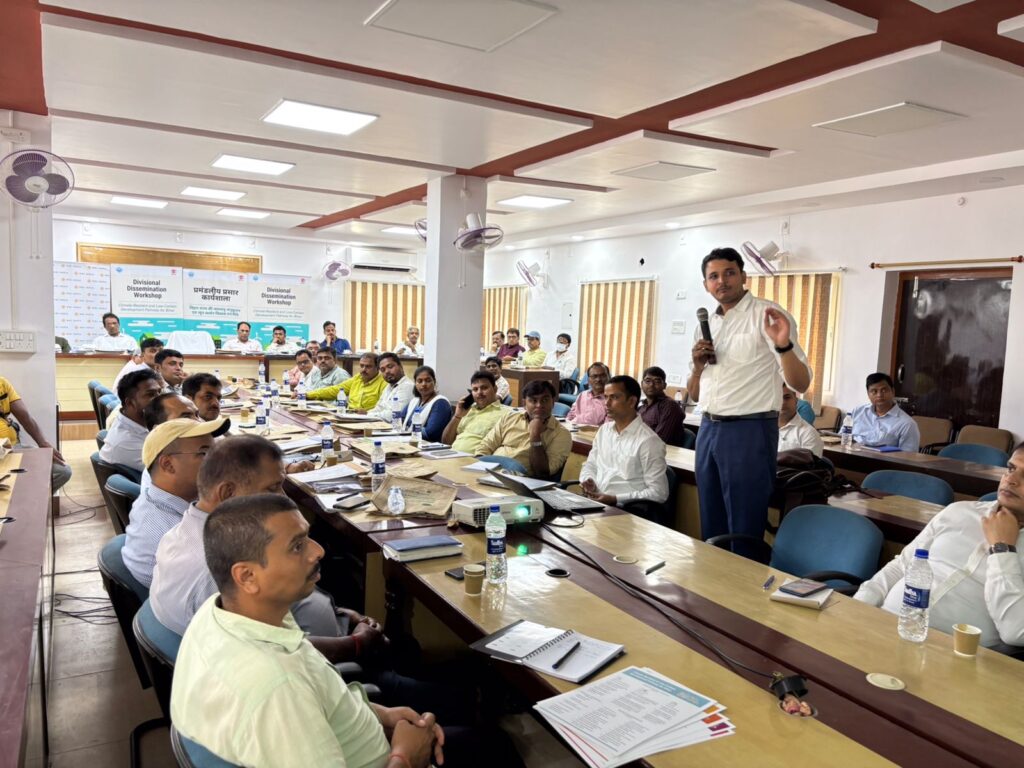
Darbhanga: A workshop under the ‘Climate Resilient and Low Carbon Development Pathway for Bihar’ project was held at the Baba Saheb Dr. Bhimrao Ambedkar Auditorium in the Darbhanga Collectorate on Tuesday. The event is part of a series of workshops aimed at addressing the climate crisis in Bihar.
Deputy Development Commissioner of Darbhanga, Chitragupta Kumar, emphasized the importance of public awareness in mitigating the adverse effects of climate change. He highlighted the pressing issues of plunging groundwater levels and declining annual rainfall, underscoring the need for water conservation and proper utilization.
Dr. Shashidhar Kumar Jha and Mani Bhushan Kumar Jha, Program Managers at WRI India, provided detailed insights into the workshop. Mani Bhushan explained that the goal is to sensitize local stakeholders about the strategy for implementing the ‘Climate Resilient and Low Carbon Development Pathway for Bihar’ at the grassroots level, identify challenges in implementation, and discuss solutions.
“The ‘Climate Resilient and Low Carbon Development Pathway for Bihar’ report, which outlines long-term climate actions including both adaptation and mitigation measures, was released by Chief Minister Nitish Kumar on March 4,” Mani said.
Dr. Shashidhar claimed that achieving net zero does not mean zero carbon dioxide emissions, but balancing emitted carbon by sequestrating it. He noted that Bihar currently emits about 97 metric tonnes of carbon dioxide equivalent, roughly 3% of India’s total emissions. With the state’s development pace increasing, emissions are likely to rise, but adopting a net zero strategy can help reduce the comparative emissions and mitigate climate change effects.
Retired Principal of MLSM College, Vidyanath Jha, discussed the cultivation of makhana in Darbhanga, Madhubani, Saharsa, Purnia, Supaul, and Kishanganj districts.
Various officials and stakeholders also shared their perspectives during the workshop. Key issues raised included budget allocations for climate change, silt management in rivers, soil fertility reduction due to excessive fertilizer use, and the need for micro-level data collection and evaluation.
Following the program, a tree plantation drive was conducted on the Collectorate campus.
These workshops will be conducted across all nine divisions of Bihar and will include public sessions. The next workshop is scheduled to take place in Purnia on July 18.
